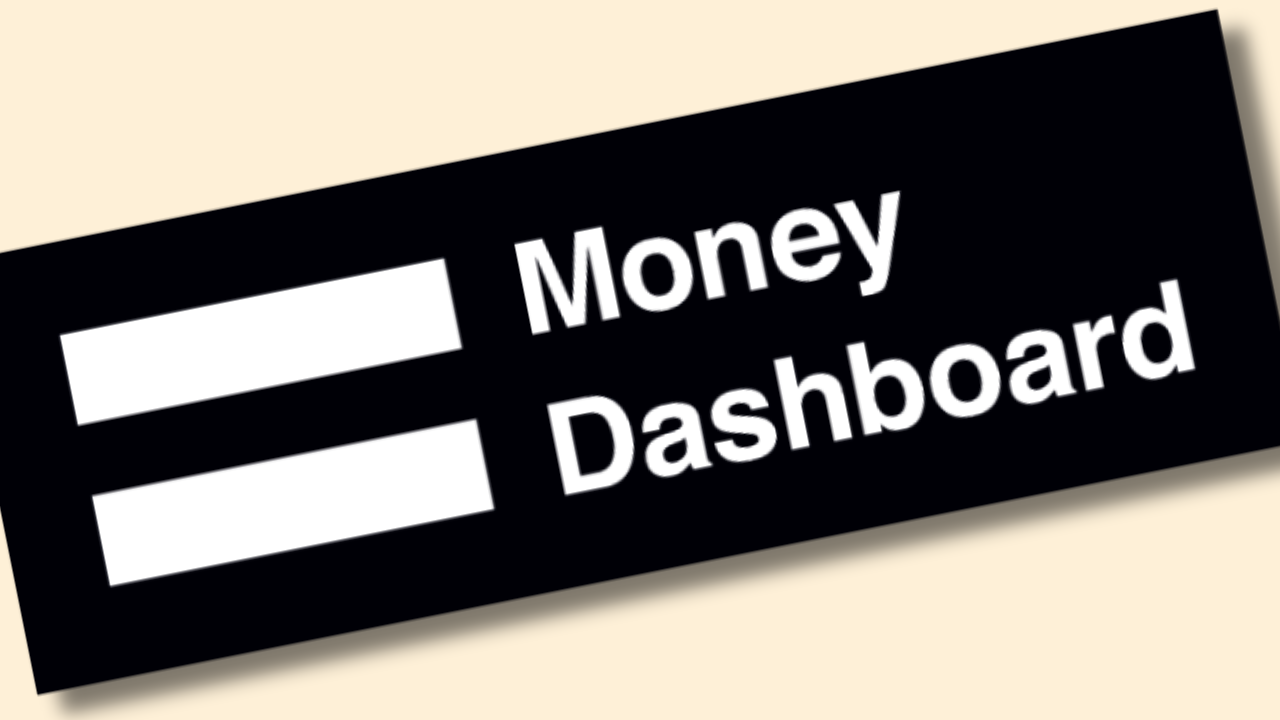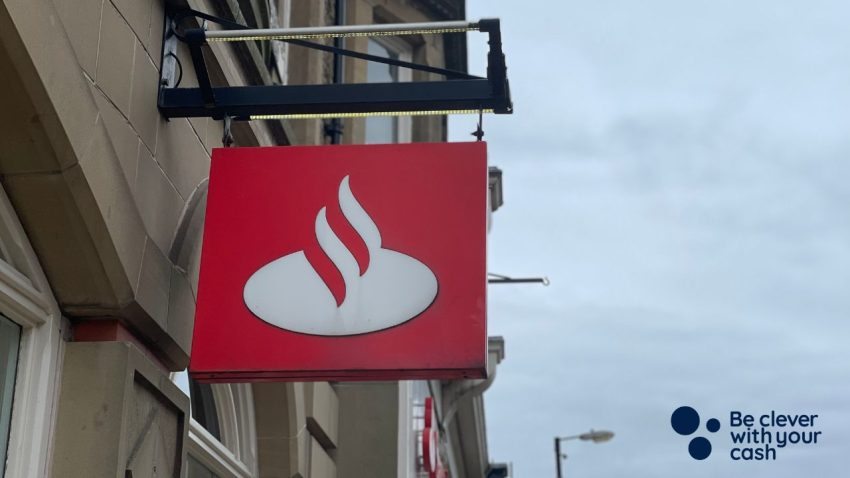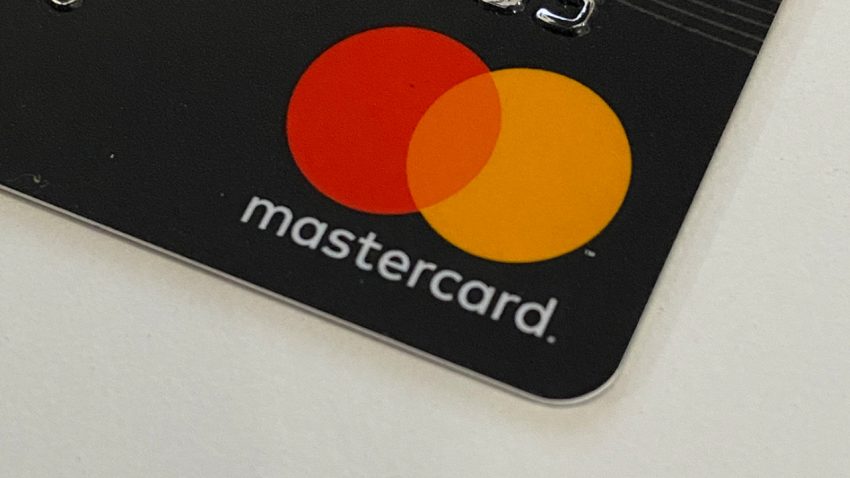Money Dashboard to close down from 31 October 2023
Money Dashboard is closing its budgeting apps on 31 October 2023.
The Neon and Classic web platforms and mobile apps will shut down and it won’t be possible to access your account or create any new ones.
Here, we explain everything you need to know about the closure and alternative budgeting apps to consider to help you manage your money.
Some articles on the site contain affiliate links, which provide a small commission to help fund our work. However, they won’t affect the price you pay or our editorial independence. Read more here.

Why is Money Dashboard closing?
Money Dashboard is closing its Neon and Classical budgeting apps due to operational challenges.
The finance platform, which was acquired by ClearScore in 2022, says that it “could not find a sustainable business model.”
Instead, Money Dashboard says it will focus on its B2B open banking services.

Budgeting apps struggle to stay afloat
Making budgeting apps profitable is a common challenge we’ve seen face fintech companies over the years. Money Dashboard joins the likes of Claro Money which also shifted from offering budgeting advice to businesses rather than consumers in 2022.
And Cleo UK which closed down its UK-facing budging service to focus on the US market. Most budgeting apps that remain, have introduced fee-paying tiers for customers to access a wider range of money management tools and features. So despite the well-meaning intention behind these apps, we’re yet to see one survive by offering a purely free service.
What will happen to your Money Dashboard account?
On 31 October 2023, the Money Dashboard Neon and Classic accounts will close completely.
This means that you won’t be able to log into your account or create a new one from this date.
What will happen to your data?
Money Dashboard says that it will delete or fully anonymise any personal data that it holds about you.
Any personal data that it keeps will be held securely and won’t be processed unless they have to do so for legal or regulatory reasons.
Your records may be held for up to five years under the terms of its privacy policy.
Get the best of our money saving content every week, straight to your inbox
Plus, new Quidco customers get a high paying £18 welcome offer

 Featured switching deal
Featured switching deal
 Customer rating
3.8/5
Customer rating
3.8/5
- Switch bonus£200
- Offer endsUnknown
- Extra bonus£25 Amazon Gift Card
- FSCS Protected? Yes
- Switch bonus requirements Switch using the Current Account Switch Service and close your old account within 60 days of starting the switch
- Deposit requirements Deposit £1,500 in the first 60 days from opening the account
- Direct debits transferred over Set up two Direct Debits before or after the switch from a selected list of household bills
- Existing customers? Can't have held any Santander current account on 1 January 2025
- Restrictions Can't have received a switching bonus from Santander already, offer limited to once per person
- Eligible accounts Open a new or hold an existing Everyday, Edge, Edge Up or Edge Explorer current account
- £25 Amazon Gift Card requirements To qualify for the gift card, you need to complete a full switch using CASS, and make five debit card transactions within 30 days of opening the account
Can you export your data?
It’s possible to export your transaction and category/tagging data to a .csv file if you have a Neon or Classic account.
You can do this by heading to the “Transactions” page on the full web version of each application. It won’t be possible to export from the mobile apps.
If you have a Classic account, you can also export your profile data, which includes things like your date of birth and postcode, to a .json file.
You’ll need to head to the “Account Settings” section of the web version to export it.
How long will you be able to access your data?
You’ll be able to access and export your data from Money Dashboard until 31 October 2023.
Can you delete your account before the end of October?
It’s possible to delete your Money Dashboard Neon or Classic account before the apps shut down on 31 October 2023.
The process for deleting your account varies depending on which one you have and it usually takes 48 hours for your deletion to be processed.
If you run into any problems you can contact the support team via email at [email protected] for help.
Alternative budgeting apps to Money Dashboard
There are several apps available that offer money management and budgeting tools.
However, it’s worth noting that you’ll likely have to pay a subscription to access the same level of features and tools offered by Money Dashboard.
The table below rounds up alternative budgeting apps and what they offer.
App | Pros | Cons | Cost |
| Emma | Quick and simple to set up The total current balance is on the home screen You can see the spend vs budget on each category for the current month There are reminders of regular payments due You can add offline accounts Offers cashback | A lot of the key budgeting features are paid for You’ll need to make full use of all the budgeting features to make a subscription with it No desktop option | Standard: £0 Plus: £4.99 p/m Pro: £9.99 p/m Ultimate: £14.99 p/m |
| Moneyhub | The total balance is on the home screen You can create custom categories There are reminders of regular payments due Desktop version available 6 month free trial Cheaper subscription costs | No free account option is available | Monthly: £1.49 Annual: £14.99 |
| Snoop | Simple to useThe total balance is on the home screen There are reminders of regular payments due Desktop version available | Features including unlimited custom categories and creating custom spending reports are paid for | Standard: FreePlus: £4.99 p/m or £31.99 p/y |
Check out our guide about the best budgeting and money management apps for more details.
Are budgeting apps worth it?
Budgeting apps can be a helpful way to manage your money, particularly if you’re not sure how to get started or need some motivation to commit to your financial plans.
They take a lot of stress and admin out of analysing your finances which makes things a lot easier to manage.
This may be especially helpful if you have lots of different bank accounts and credit cards to keep on top of. Budgeting apps that enable Open Banking will let you see all of your balances on a single screen.
That being said, to get the most out of budgeting apps these days, you’ll need to opt for a subscription account. Which in some cases can really add up.
Now, cost and value are very different things. So, it’s important to weigh up whether the price of a subscription is going to add long-term value to your finances and help you manage your spending.
If you don’t think you’ll maximise the features in a budgeting app then opting for a paid-for account may just end up being a money drain, rather than helping you secure your finances.
Budgeting apps aren’t the only way to get help managing your money. It’s always worth checking your banking app to see if it offers any budgeting features that could help you.
For example, digital banks including Monzo and Starling offer a suite of features like spending insights and budget tracking to monitor your money and keep your finances on the right track.






What about Maji – https://maji.io/ – recently discovered that my employer offers this as a benefit. Have downloaded it but not yet taken the plunge to connect all my accounts. I am an avid user of Snoop (since beta) and paid up for a year recently.